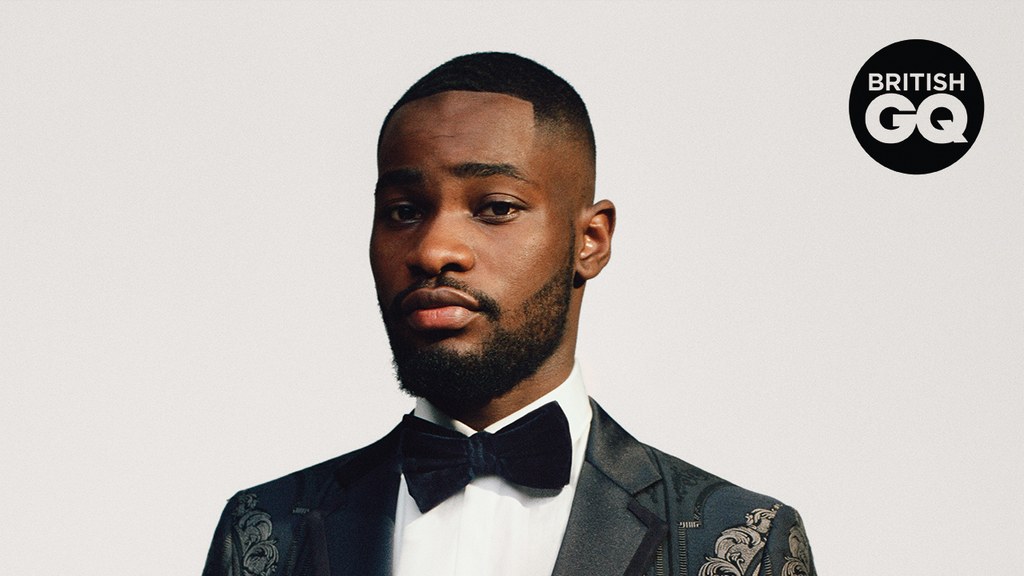Tom Poole investigates the continuing influences of Black musicians on the soundscape of Britain.
It seems very relevant to talk about the history of Black influence on such a crucial element of our pop culture, music. Where would British music stand today if not for the influence of Black musicians, both past and present? The dues music owes to Black musicians of the past are not really discussed enough, even if we do recognise some of those icons as icons in their own right.
This might seem at first a correct statement; Dave just won the Mercury Prize for his phenomenal Psychodrama, making him the 7th Black artist to win the prize since 2000. Grime, hip-hop [or ‘trip-hop’] and trap are what currently dominate our charts – all genres pioneered by, and led today by Black artists.
Where would Britain be today without black musicians?
We could discuss how some of the most legendary – and White – musicians of the past benefitted so greatly off the works of lesser known Black musicians; Led Zeppelin, for instance, is known for heavily ‘borrowing’ lyrics and musical elements from musicians such as Willie Dixon, Kansas Joe McCoy, and Muddy Waters; not always plagiarism, but not always remembering to credit them.
I could spend an entire essay talking about how Loyle Carner has destroyed the boundaries of genre; blending elements of everything with his permanently chilled, smooth and silky voice.

Whilst Twitter rages today over whether the new James Bond should be black, or a woman, it is Dame Shirley Bassey who has tracked three of the most iconic 007 themes; a woman who set the record for being the first…Welsh person to chart at number 1. A voice of pop culture, immortally more iconic than any one of the films themselves.
JLS can surely be credited more than say, Westlife or Take That can, for the modern model of the boyband, and for carrying the genre from the mid noughties to the teens. One Direction might have still existed, and might still have been successful; but would the hype for a British boyband have been there without JLS first? Hm.
Ska and 2tone were some of the sounds of the UK 70s but they were themselves an imported style from Jamaica growing out of the Midlands and London with bands like The Specials and The Selecter (Interestingly, the yearly Ska festival is held right here in Leeds).
The image of the skinhead wasn’t always associated with white supremacy too like it is now. Shorn hair and DMs were signs of White working-class appreciation for and solidarity with the Black musicians growing out of these places. There was considerable overlap between early skinhead culture, mod subculture and the rude boy subculture amongst Jamaican British and Jamaican immigrant youth. During the fight for civil rights in Britain, it was Black music bringing communities together.
The biggest result of this, though? The US punk scene of the 90s, a direct development from UK 2tone. Most of this music was to be made by White artists, but what I’m trying to say here is that without the Black musicians of Ska and Two-tone, we wouldn’t have the masterpiece today that is Smashmouth’s ‘All-Star’, and Shrek would have been a lesser film for it.
And – lets face it, grime is more punk than punk ever was. Gone are the gratuitous messages of drugs, sex, and guitar rock. Grime was planted by those like Dizzee and Wiley, and today bears so many talents: Kano’s Hoodies All Summer addresses the state of the nation, whilst Little Simz spits scathing femme power on tracks like ‘Venom’. Dave’s ‘Black’ is the sublime commentary on racial experience that goes unrivalled by anyone who attempts to produce anything similar.
Whilst Stormzy is the eye-roll-typical example, he is one of the gutsiest artists Britain has ever been gifted with, and one of the best examples yet of a Youtube start-up making it big – a symbol of the digital age. It is this swathe of grime and hip-hop, both politicised genres, that have ushered in a new wave of political and protest music.
And you know what? ‘That’s Not Me’ is easily the Wonderwall of this decade.
It’s often too simple to describe genre as plainly as Black or White. But, why does it feel like the doors of ‘Black music’ have opened for artists of other races, whilst predominantly White genres remain staunchly so?
After all, Sam Smith of all people won best album amongst three other awards in 2014 at the Music of Black Origin awards. Aitch is reaching for the top of the charts right now with his rapping on ‘Taste’ and ‘Strike a Pose’. Even our older icons, like soul songstress Amy Winehouse, is clearly influenced by American columns of Jazz and Soul like Billie Holiday and Dinah Washington, including closer to home inspirations like Britain’s own Ms. Dynamite.
There are doubtless hundreds of Black artists that don’t make it into articles like these or the classic considerations of the great columns of British music, both famous and otherwise. It is clear, even looking at a few musicians, and by recognising other nameless influences, that ‘black music’ has had a huge shaping influence on the past and present of the UK’s sound – an influence often gone uncredited, or forgotten.
And, we can’t fail to credit Corinne Bailey Rae, from right here, Leeds.
Header Image by GQ

